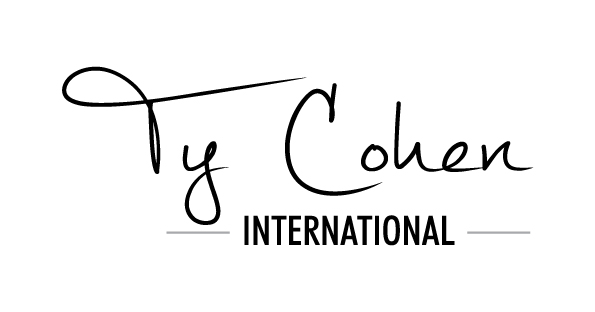blog, Recent Blog Posts Home
How To Avoid Self-Publishing Scams
Self-publishing your book is an exciting time, but it’s not a decision you should rush into. When enlisting the help of others to get your book publish, you need to act with caution. There are, unfortunately, lots of self-publishing scams out there which are set up purely to exploit vulnerable authors and take their money while delivering very little in return.
So how can you ensure that you avoid these kinds of companies? Here are some useful tips to help you.
Remember that not all publishing companies are the same.
For every well-established, reputable publishing house, there is also some guy who works from his living room and has no real contacts in the industry. Researching the publishing houses that you send your manuscript to is absolutely critical. It doesn’t take amusive amount of effort to unearth a scammer. Looking at what others have to say about them online can quickly establish their reputation. Also, don’t be afraid to ask questions. A reputable publisher will be able to answer you and put your mind at least. One that’s trying to take your money and run will avoid questions or ignore you altogether. In short, if something feels wrong, it probably is.
The money
Vanity publishing is very different from traditional publishing and understanding the difference is crucial. The easiest way to understand this is that if a publisher asks you to pay for your book to be published, it’s vanity publishing. Vanity press isn’t necessarily all bad – as long as you understand that that’s what it is. The problem with scammers is that they will try to convince you otherwise and not make it clear that’s what they are from the outset. They’ll shower your book with praise and make it seem as though you are going to be the next big thing. But the truth is they couldn’t care less about your book sales. Plus you’ll have to pay all the costs of publishing and marketing your book before you’ve even sold a single copy.
Reputable publishers are willing to pay for your book to be published and will have a marketing budget to promote your book. So they’ll only take on those they think will sell. At the end of the day a publishing house needs to make money to survive so they have to believe in your book. A vanity publisher will make the same amount of money regardless of whether your book is a flop or a hit.
A scammer will also infer that they’ll be able to get you book into major chains. What they mean by this is that they can get your book listed through a wholesaler such as Ingram, where it will be available for major retailers to buy, however it doesn’t mean that they will, not is it the same as your book being available to sell in actual physical stores.
If you aren’t sure about whether a self-publishing company is reputable, look out for these red flags.
Attempts to upsell their services and make you pay extra for things around marketing, setting up your author site and so on.
Trying to persuade you to enter competitions for which you must pay fee. A vanity publisher may try to tell you you have been ‘selected’ to enter a competition, when really this is just another money making scheme.
They won’t pay any royalties until they ‘break even.’ They name arbitrary figures for production and admin costs and you won’t see a penny of your sales until they have recouped these mysterious figures.
They force you to buy a certain number of copies of your own book. Unreliable publishers will claim the author must purchase 50 or 100 copies to sell themselves or at book signings. However they decide upon the cost-per-copy, so can essentially choose how much additional money they make.
Put a minimum sales guarantee into the contract. They may ask you to sign something that say if you don’t sell a certain number of books you must then pay them a lump sum.
Being aware of self-publishing scams is so important, but by doing you research, arming yourself with what to look out for and talking to your peers, you can make sure that if you do enlist the services of a company to help you, they have your best interests at heart.
To Discover The Easy Blueprint to Creating A Monthly Passive Income Stream Using Amazon.com, (In 60 Days or Less) with Near-Zero Up-Front Investment Visit http://www.kindlecashflow.com/3steps”

